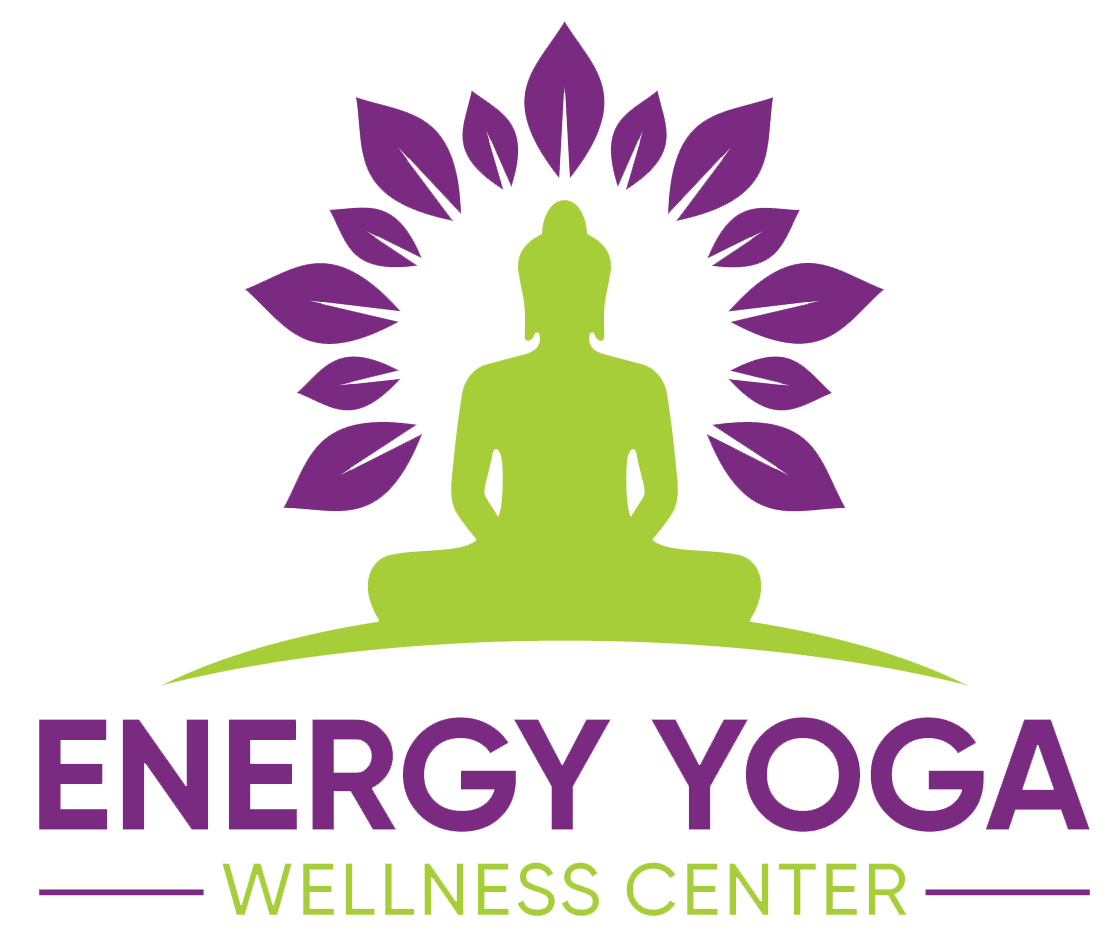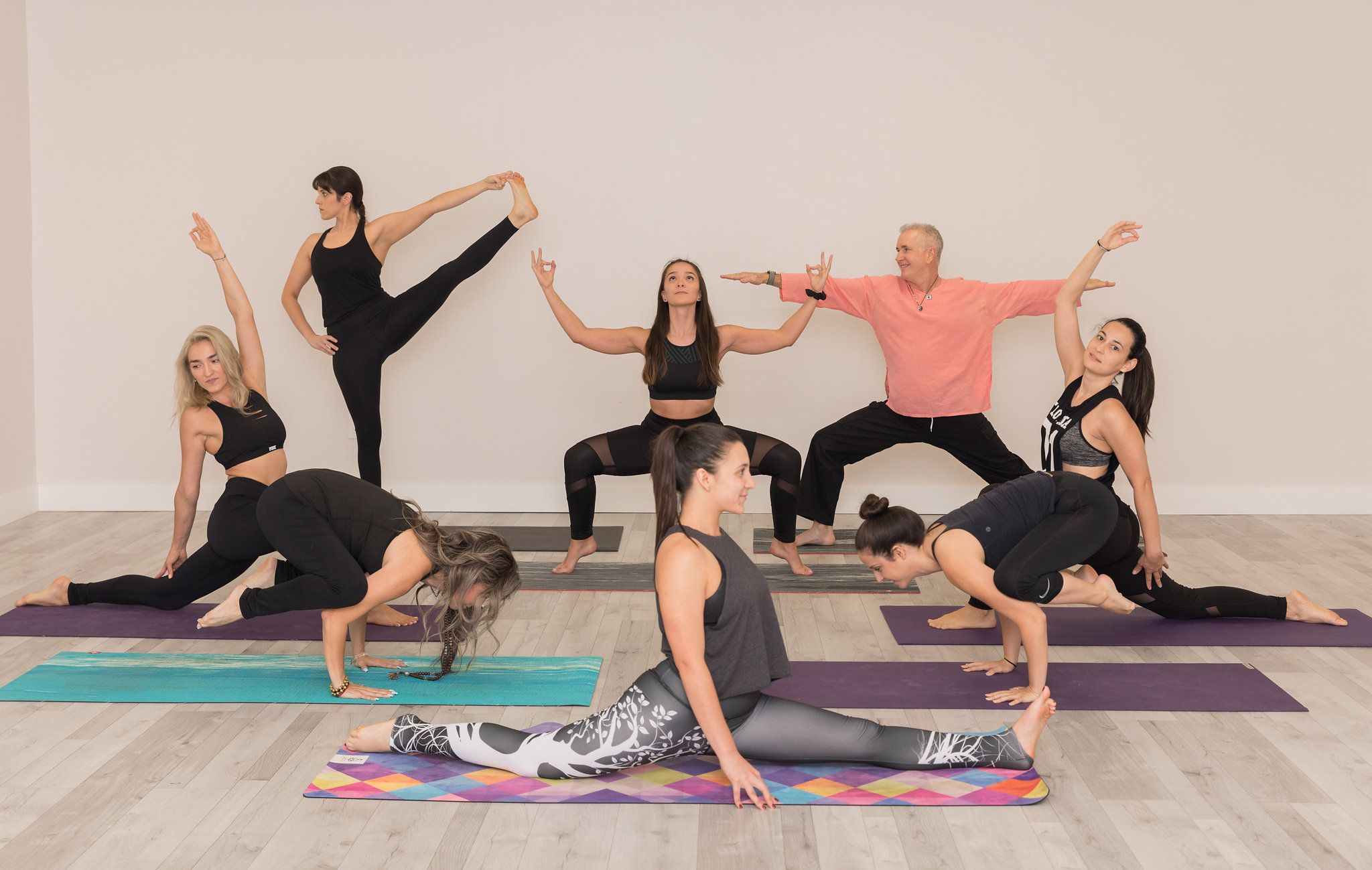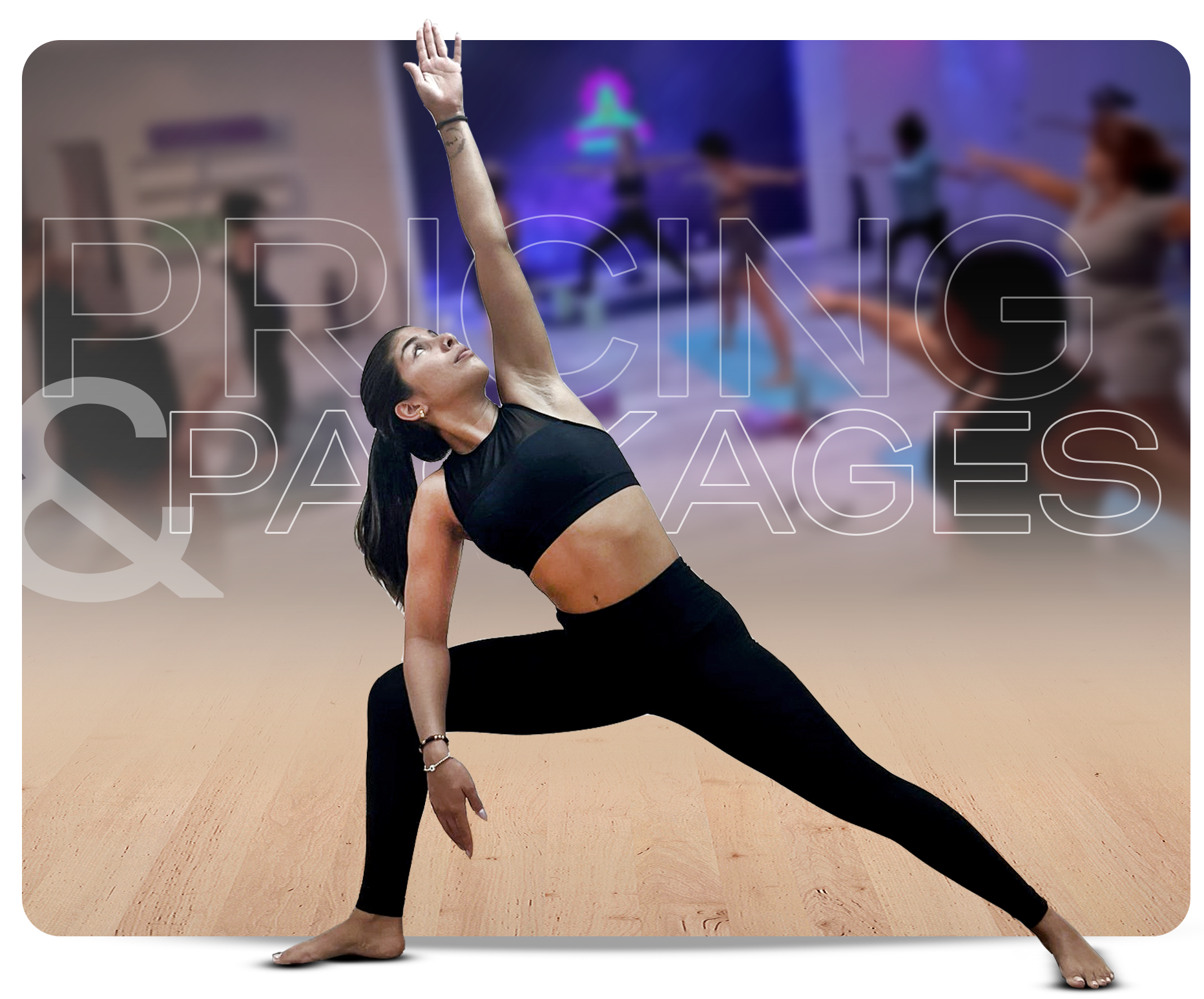WEEK 11.1 (MARCH 12-21) – Anything you try to control, ends up controlling you
The Story of – “A Path Bloomed from Imperfection”
In the heart of a lush valley nestled a monastery, a serene haven where monks devoted their lives to peace, meditation, and the cultivation of wisdom. Among them was a monk known for his daily task of fetching water from a nearby stream. With two large containers suspended from the ends of a sturdy pole he carried across his shoulders, he made his journey at dawn, greeting the morning sun with a silent nod.
One of the containers was perfectly whole, retaining all the water it was filled with, while the other had several small holes, from which water steadily dripped along the path back to the monastery. Aware of this imperfection, the monk nevertheless persisted in his routine, never once seeking to repair the leaking container.
As the seasons passed, the monk noticed a remarkable transformation along the side of the path where the water leaked. Where once there had been nothing but dry, barren earth, a vibrant strip of wildflowers now bloomed, a riot of colors that mirrored the hues of the morning skies. Bees and butterflies danced among the blossoms, and the air was sweet with fragrance.
The other side of the path, which received no water, remained unchanged, its beauty untapped, potential unfulfilled. The leaking container, in its flaw, had unwittingly given life to a barren stretch, creating beauty where none had existed before.
One day, the container, ashamed of its imperfection, apologized to the monk for its inadequacy and the burden it believed to have imposed. The monk, with a gentle smile, shared a wisdom as profound as the teachings of Buddha himself. He spoke of how its unique flaws had allowed a trail of beauty to flourish, teaching a valuable lesson: perfection is not a prerequisite for making a positive impact in the world. In its imperfection, the container had accomplished something truly beautiful, nurturing life along its journey.
This story serves as a poignant metaphor, reminding us that beauty and purpose can arise from imperfection. It celebrates the unconventional paths through which kindness and care can manifest, encouraging an embrace of our flaws and imperfections as avenues through which our unique contributions can flow into the world. Like the wildflowers along the monk’s path, the impacts of our actions, no matter how small or flawed they may seem, can bloom into something unexpectedly beautiful, enriching the world around us.
In our journey today, let’s reflect on a powerful concept: “Anything you try to control, ends up controlling you,” as Guy Finley beautifully put it. This brings to mind the simple yet profound story of the monkey trap, found in cultures across South America, Africa, and Asia. The locals use a gourd with a small hole, just enough for a monkey’s hand to fit through. Inside, they place a lure—a nut or fruit. The monkey, drawn by the prize, reaches in but then cannot withdraw its hand while clutching its bounty. Despite the solution being as simple as releasing the prize, the monkey’s attachment keeps it bound, trading its freedom for a fleeting reward.
This story mirrors our own lives more closely than we might like to admit. How often do we find ourselves clinging to things that, in the grand scheme, hold little value? Our attachments—be it to past grievances, the need to be right, material possessions, or even certain relationships—can form the very traps that limit our freedom and happiness. Today’s practice invites us to introspect: What are we holding onto that doesn’t serve our highest good? Are we prioritizing external treasures over the wealth within us?
As we move through our poses, let each breath remind us of the freedom in letting go, encouraging us to release not just physical tension, but the mental and emotional grips that confine us. Remember, true liberation comes not from holding tightly to what we believe we need but from understanding that our deepest peace and happiness are not contingent on externalities. Let us choose our treasures wisely, knowing that by loosening our grip on the world outside, we open our hands—and hearts—to the boundless joys that lie within. Let’s embrace the wisdom of release and the art of detachment, finding our path to true freedom and fulfillment.
“My mother always reminded us, ‘If nothing kind is to be said, better to say nothing at all.’ Interestingly, this wisdom applies equally to our inner dialogue. Considering we’re in a lifelong partnership with ourselves, it’s essential to foster a nurturing, healing relationship. This evening, we embark on a journey toward profound self-acceptance and the cultivation of self-love. Imagine if someone in your life spoke to you as harshly as you sometimes speak to yourself; chances are, they wouldn’t be in your life for long. Yet, we often permit this kind of negative self-talk to dominate our thoughts. Today, let’s shift our focus: let’s become more curious about who we are and less critical of our flaws.” – David Scott
“Being happy doesn’t mean you have it all. It simply means you’re thankful for all you have.” David Scott
“I am rooted but I flow, I am grounded but I bend. I am deep but my worries are shallow. My dreams and hopes are limitless, but I am content where I stand. What I own is meaningless, how little I truly need allows me the freedom and lightness to fly. Never intent on arriving, it is the journey where I explore my passions. I have the heart of the yogi and the wisdom inspired by the Buddha.” – David Scott
“Those who love you unconditionally see beyond the errors you’ve made or the shadows you cast upon yourself. They see your beauty in moments of self-doubt, your integrity when you feel fragmented, your innocence amidst guilt, and your direction when you wander in circles lost. Perfection isn’t a prerequisite for inspiration. Instead, let your journey through imperfections be the beacon for others.” – David Scott
Why you do Yoga?, What you wish to gain from Yoga? But more importantly, What do you wish to leave behind?”
“The most important part that happens during a yoga class, is not what happens outside the body, but what happens inside the body.” David Scott
“Remember the entrance to the sanctuary is inside you.” – Rumi
“Yoga is a light, which once lit will never dim. The better your practice, the brighter your flame.” — B.K.S. Iyengar
Tonight be curious instead of judgmental with yourself.
Yoga teaches us to create a life that feels good on the inside and not just the outside.
“Yoga is the journey of the self, through the self, to the self.”– The Bhagavad Gita
“Yoga is a dance between control and surrender – between pushing and letting go – and when to push and to let go becomes part of the creative process, part of the open-ended exploration of your well-being.” –Joel Kramer
Self Acceptance…
“The journey towards enlightenment is not about becoming a perfect being but about becoming more authentically oneself. At the heart of mindfulness lies the profound practice of radical self-acceptance. Imagine a life not dictated by the perceptions of others; that’s where your authentic journey starts. It’s in this liberation that the doors to self-acceptance swing wide open. Acceptance is the key that tears down walls, paving the way for success not hindered by internal conflict. My own joy expands as I embrace acceptance more fully, inversely related to my pursuit of perfection. Trusting in oneself eliminates the need to seek validation or convince others of our worth. When we find peace within ourselves, oddly enough, the world seems to embrace us too. I chose to celebrate rather than fix myself, to explore rather than solve. Embracing this approach has been among the most transformative decisions of my life, marking the beginning of a journey towards genuine self-discovery and contentment.” – David Scott
“What self-acceptance does is open up more possibilities of succeeding because you aren’t fighting yourself along the way.” – Shannon Ables.
“My happiness grows in direct proportion to my acceptance, and in inverse proportion to my expectations of perfection.” – Michael J. Fox.
“Because one believes in oneself, one doesn’t try to convince others. Because one is content with oneself, one doesn’t need others’ approval. Because one accepts oneself, the whole world accepts him or her.” – Lao Tzu.
“Instead of trying to mend me, I decided to enjoy me. Instead of trying to solve me, I decided to discover me. It was one of the best decisions of my life.” – S.C. Laurie.
“For after all, the best thing one can do when it is raining, is to let it rain.” – Henry Wadsworth Longfellow (The Poet’s Tale; The Birds of Killingworth)
“To be beautiful means to be yourself. You don’t need to be accepted by others. You need to accept yourself.” – Thich Nhat Hanh
“Learn to dress yourself, so you no longer need to wear the opinions of others to define you,” – David Scott
Self Love
“I am not looking to escape my darkness, I am learning to love myself there.” – Rune Lazuli.
“You yourself, as much as anybody in the entire universe, deserve your love and affection.” -Buddha.
“Plant your own garden and decorate your own soul, instead of waiting for someone to bring you flowers.” – Veronica A. Shoffstall.
“Talk to yourself like you would to someone you love.” – Brené Brown.
“Once you’ve accepted your flaws, no one can use them against you.” – George R. R. Martin.
“In order to love who you are, you cannot hate the experiences that shaped you.” – Andrea Dykstra.
“The only love you should desperately search for, is the one that comes from you to you.” – Edmond Mbiaka.
“When your own approval means more than the approval of others, that is self-love.” – Vironika Tugaleva.
“To be yourself in a world that is constantly trying to make you something else is the greatest accomplishment.” – Ralph Waldo Emerson.
“I don’t have to be perfect. All I have to do is show up and enjoy the messy, imperfect and beautiful journey of my life.” – Kerry Washington.
“If you don’t like something, change it; if you can’t change it, change the way you think about it.” – Mary Engelbreit.


